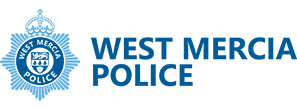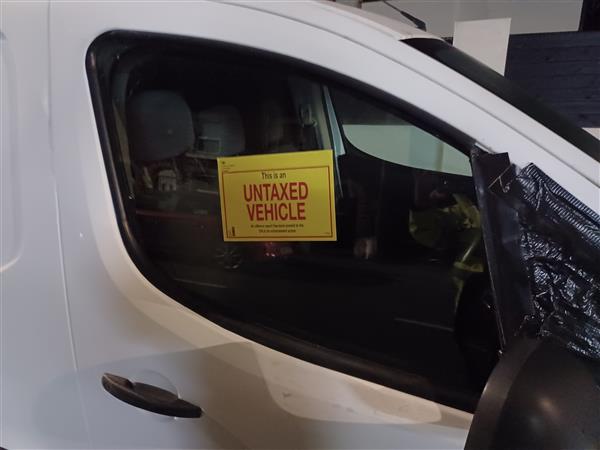|
||||
|
||||
|
|
||||
|
POLICE BEAT UPDATE Hadley and Leegomery Area PC 2465 Hughes discovered an untaxed and uninsured vehicle during a routine patrol in the Hadley and Leegomery beat area. The vehicle's road tax had expired nearly two months prior. The officer reported the vehicle to the Driver and Vehicle Licensing Agency (DVLA) for appropriate action. This incident highlights ongoing efforts by local police to identify vehicles that are not compliant with road tax and insurance requirements in the area. Members of the public are reminded to ensure their vehicles are properly taxed and insured at all times.
Hadley Area Local police responded to a concerning incident today in Hadley when PC Hughes was approached by a group of children reporting an altercation with a motorist. According to the children, they had requested the driver of a light blue Ford to sound their horn, which resulted in the driver stopping their vehicle and shouting at them. PC Hughes provided words of advice to the children about avoiding potential conflicts with strangers and staying safe. Due to the absence of a vehicle registration number, officers were unable to locate or identify the driver for further investigation. The incident serves as a reminder to parents to discuss road safety and stranger awareness with their children. Police encourage the public to always note vehicle registration numbers when reporting incidents to aid in investigations.
Other news PC Hughes provided guidance to a concerned resident in Hadley today regarding protective measures against domestic abuse. A member of the public sought advice about obtaining a non-molestation order to protect a family member from a violent ex-partner. The officer advised that any immediate safety concerns should be reported to police through appropriate emergency channels. For those seeking general information about non-molestation orders and other protective measures, guidance is available at: www.gov.uk/injunction-domestic-violence Non-molestation orders are court orders designed to prevent abusive partners from making contact or coming near the protected person. They are an important legal tool in safeguarding victims of domestic abuse. If you or someone you know is experiencing domestic abuse, you can also contact:
| ||||
Reply to this message | ||||
|
||||
|
|
||||

|
|








